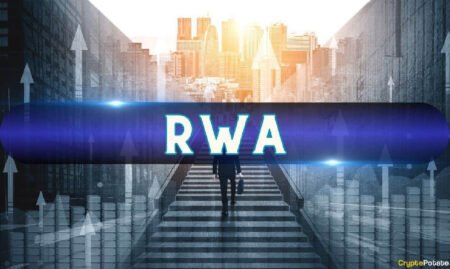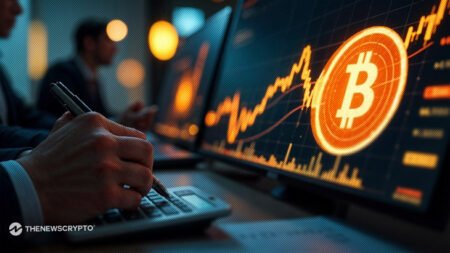Former CFTC Chairman Chris Giancarlo, known as the “Crypto Dad,” expressed his confidence in Bitcoin, calling it “digital gold” and a revolutionary idea whose time has come. With Bitcoin surpassing $100,000 and hopes for crypto-friendly policies under the new US administration, Giancarlo’s remarks carry weight in the crypto community. He highlighted the shift from traditional value storage to blockchain-based systems in financial institutions, emphasizing that Bitcoin and other cryptocurrencies enable the transition to the “internet of value.”
Giancarlo pointed out that Bitcoin’s scarcity sets it apart from fiat currencies like the U.S. dollar, which continues to depreciate. He illustrated this by comparing the appreciation of the average American home price to the value decrease of Bitcoin, highlighting Bitcoin’s strength as an appreciating asset. Moreover, he cited global adoption trends, noting the significant benefits countries like El Salvador have enjoyed by adopting Bitcoin as their official currency. El Salvador’s reserves tripled in value within two years of adopting Bitcoin, underscoring the potential economic advantages of embracing cryptocurrencies.
As Bitcoin’s popularity grows, there is optimism surrounding a more favorable regulatory environment in the U.S. Giancarlo believes that the technology underpinning cryptocurrencies will have a transformative impact on various industries. By eliminating intermediaries, blockchain technology has the potential to streamline processes such as property transfers, making them instantaneous and more efficient. Giancarlo compared the resilience of the internet, which has not gone bankrupt in 40 years, to the vulnerability of banks, highlighting the potential of blockchain to revolutionize traditional financial systems.
While Giancarlo’s views on Bitcoin are positive, he emphasizes that his statements do not constitute investment advice. However, his insights into the value proposition of Bitcoin in comparison to traditional fiat currencies are noteworthy. As Bitcoin continues to gain mainstream acceptance and recognition as a store of value, more investors and institutions are likely to allocate resources to this digital asset. The convergence of technological innovation, global adoption, and regulatory developments could pave the way for a new era of financial infrastructure built around cryptocurrencies like Bitcoin.
In conclusion, Giancarlo’s endorsement of Bitcoin as “digital gold” and his observations on its scarcity and value proposition highlight the growing significance of cryptocurrencies in the global financial landscape. As countries like El Salvador benefit from adopting Bitcoin and expectations of favorable regulations in the U.S. rise, the future of cryptocurrencies appears promising. With blockchain technology poised to revolutionize traditional financial processes and increase efficiency, Bitcoin’s role as a leading digital asset is likely to continue to evolve. As investors navigate the evolving landscape of cryptocurrencies, Giancarlo’s perspectives offer valuable insights into the potential of Bitcoin and blockchain technology.



















